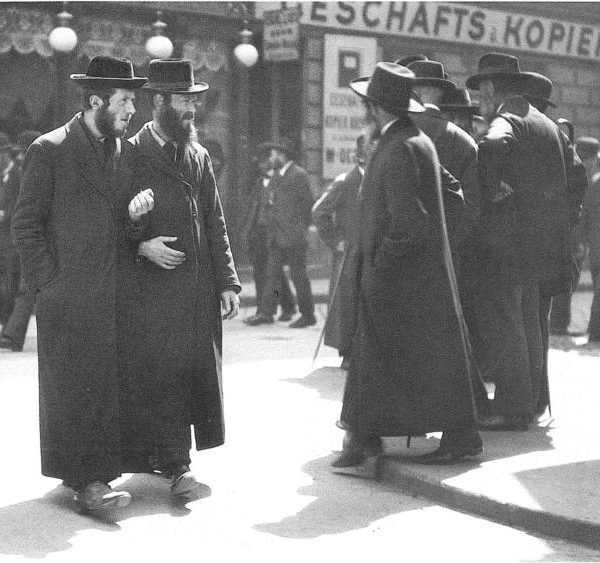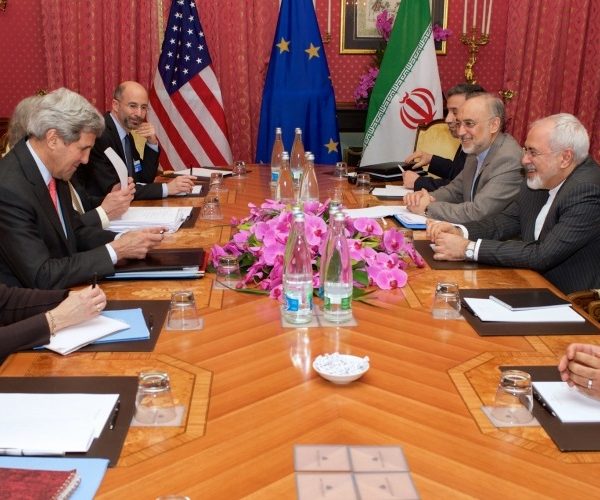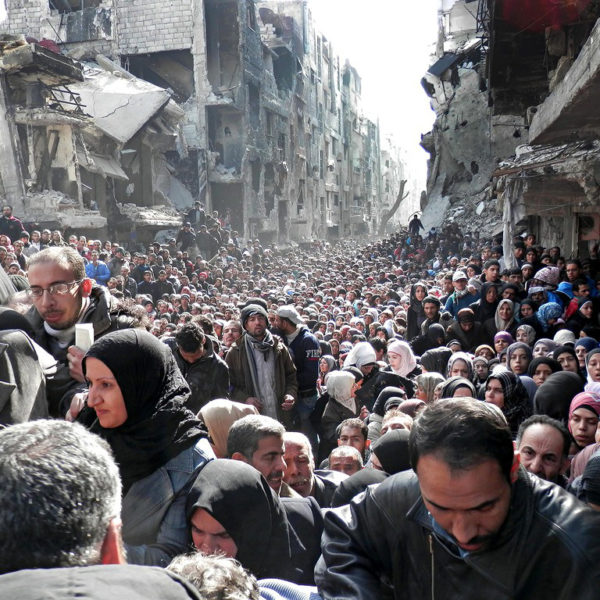
This theological dimension, which does not exclude messianism but coexists with it, is not new to Zionism and has been present in it from its inception; articulating it will therefore contribute not only to understanding the history of Zionism, which is far from being as peace-seeking as it often tells itself, but also to understanding the wide Israeli support of the genocidal war on Gaza.
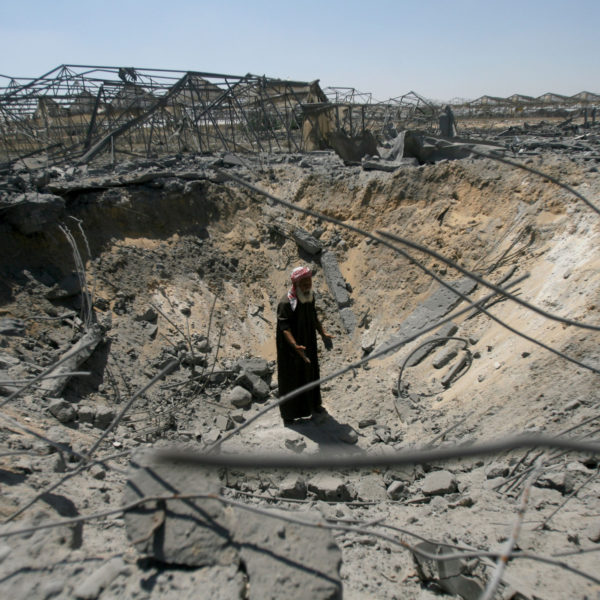
Since World War II, the primary ambition of international humanitarian law — the law of armed conflict — has been to insulate military violence from the civilian population. Military forces are required to identify themselves as such, by wearing clearly marked uniforms, and to discriminate in their selection of targets: They cannot deliberately attack noncombatants or infrastructure that has no military use.
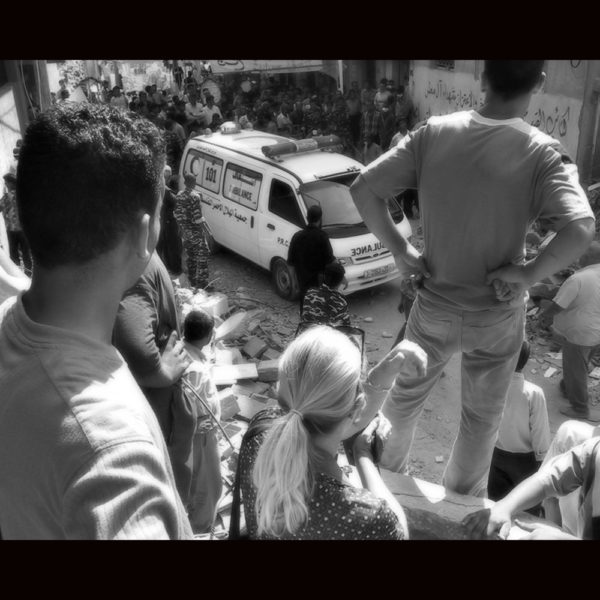
When Israel launched Operation Protective Edge in response to cross-border terrorist rocket-fire, European (see here and here) and US leaders endorsed their claim to have just cause. But were they right to do so? Do the on-going attacks conform to just war criteria? These are separate questions; both are important. We seek to address these issues from the perspectives of international law and Catholic theological ethics.


